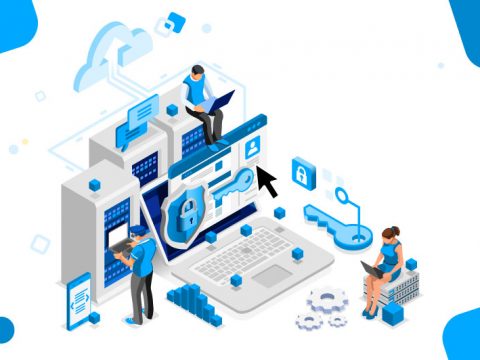Of customer perceptions and the new middle class
I had lunch with a customer recently. We discussed salesforce.com, how it has transformed their business processes, and how it continues to improve efficiencies and productivity. The customer seemed pleased with the progress being made, and was happy that an increasing number of departments voiced interest in becoming part of the salesforce ecosystem. He felt that this was a good sign of increasing engagement, excitement around the platform, and a higher level of understanding of how salesforce.com can help a business thrive and grow.
Then our conversation turned to administration, and how forceninjas is helping him with his day-to-day operational needs. He was complimentary of our work, but at the same time, somewhat dismissive, saying “It’s just configuring stuff, no big deal”. His implication was that anyone can do it, and that he placed a somewhat lower value on qualified salesforce admins doing his work for him.
I left the lunch feeling a bit deflated. How could a customer not see the value we add to his organization, especially considering the price/value ratio we offer? Did he really think that this is just a “configure some switches – done” job?
Then it hit me, he just simply doesn’t know! He, like so many business managers, have a rather “high-level” view of software platforms. They understand function and purpose, they know what Exchange does, how SharePoint works, and what salesforce bring to the table. However, often their knowledge and understanding is broad and shallow, often lacking depth of understanding. The amount of technology available today makes it very difficult for business leaders to have more than a passing understanding of trends and platforms. And, there are more added every day!
How can we, the cloud workers, the SAAS gurus, help with educating businesses? How can we make sure they understand the value we add to their infrastructures and technologies? How can we be more than just “configuring stuff”?
I think the most obvious answer here is that we must never tire of educating our customers about the services we provide, and how we add value to their organization. Here are my thoughts around the top ways to accomplish this:
- Spend time! Be patient, explain not only what the platform can do, but also how it does it.
- Don’t be a geek. Bring concepts down to “English” understanding. Explain by relating to real-world scenarios.
- Always connect the platform’s abilities to benefits to the business. This is the language they understand.
- Encourage reading and share relevant information. I make it a habit to share non-geek articles about upcoming features, real-world success stories and new apps that I think might be of interest to them.
- Invite them to training sessions or demos. Spend time with customers, not just working the platform, but also increasing their knowledge.
- Be an evangelist. Make it a point to ALWAYS tell them how amazing salesforce.com is, how it can touch virtually any department, how it can make their lives easier and more productive.
- Do free stuff. Always offer to participate in business meetings to explain features and benefits, always offer to demo new apps, features, concepts.
- Be a partner to IT, Sales, Service. Especially as an outsourced professional, you should always create and maintain strong bonds to these key stakeholder departments. They have a strong voice within the organization, and it is imperative that they are your cheerleaders.
I have previously written that the ‘cloud-based’ service economy is the new reality. I just returned from TrailHeadDX in San Francisco, and it made this statement even more poignant. There is a wave of freelancers and independent professionals coming at our economy over the next 5 years that will transform how businesses manage their platforms and systems. Many ‘traditional’ businesses have not embraced this new model, and are resistant to this change. It’s outside their comfort zone, outside from what they know to be true and correct.
In addition, there is a new breed of managers and leaders entering the work force that has more technical chops than ever before. They “will” understand and embrace this new economy. This will be the new middle class.
Now it’s our job to help customers understand this new reality. It’s coming.



